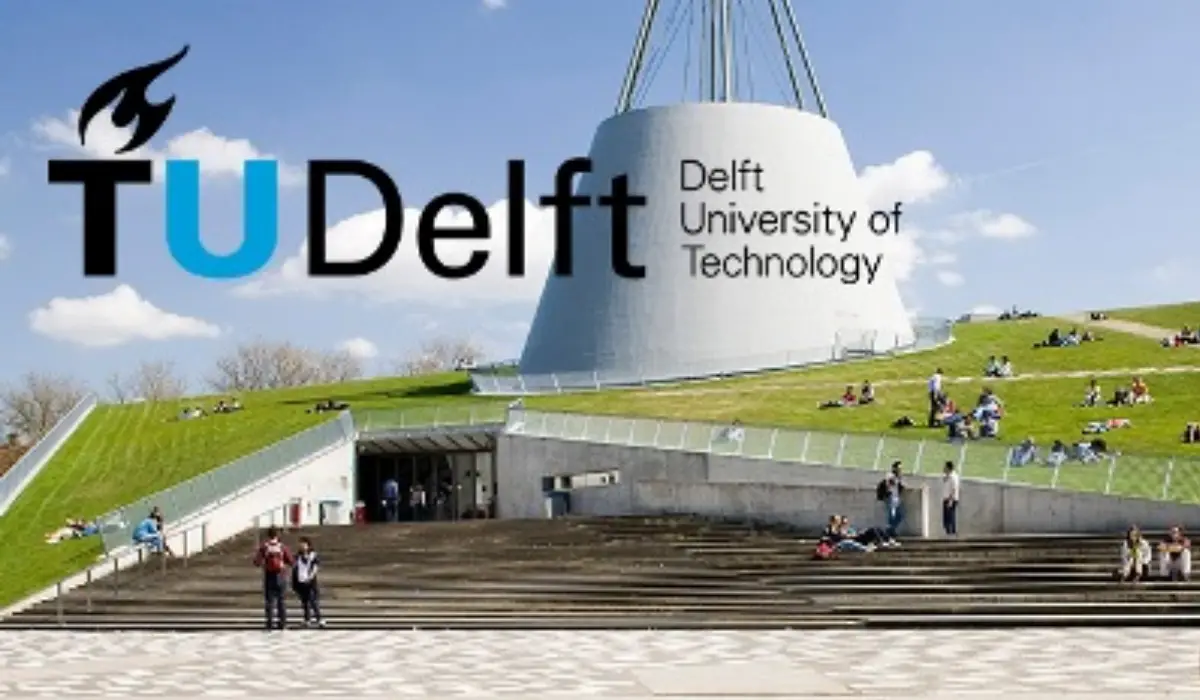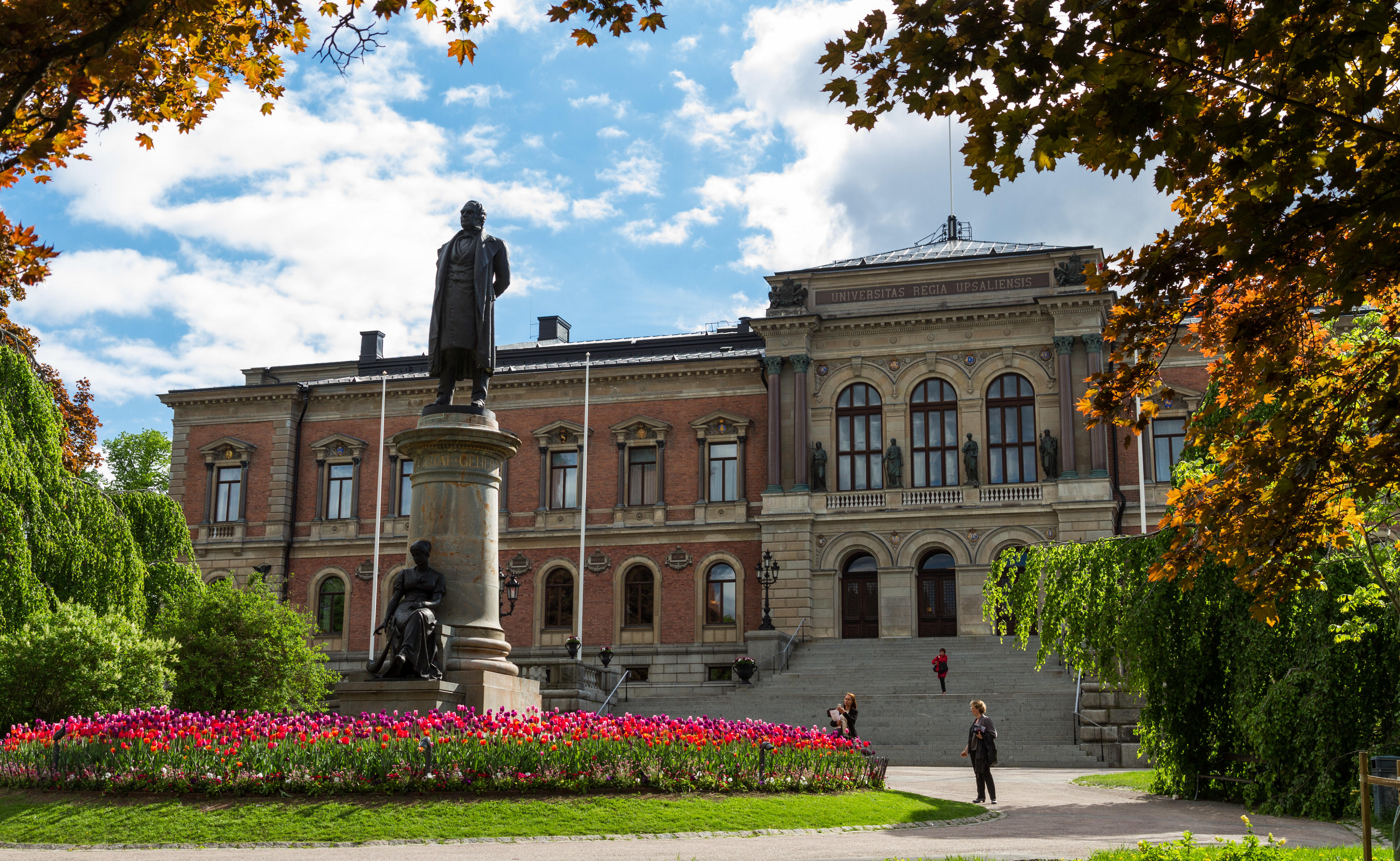Global warming is one of the biggest challenges we currently facing and aviation alone is responsible for around 4-5 % of the anthropogenic causes of global warming. Aviation can be made sustainable by investigating new ultra-efficient propulsion architectures and alternative energy carriers. The choice of the propulsion system and energy carrier is fundamental as it dictates many of the other parameters concerning aircraft configuration. Research and education in these areas are crucial to preparing our engineers for the future.
Job description
The focus of the scientic research will be on novel propulsion architecture fundamentals and applications and requires background in thermodynamics, combustion, heat transfer, turbomachinery, electrical systems, etc and a multi-disciplinary approach to integrate these various components to reduce energy usage and emissions.
The candidate will integrate into a lively, growing and internationally recognized group at the forefront of research in several highly innovative areas of sustainable aircraft propulsion and related fundamental aspects. The candidate will also contribute to the teaching of the various bachelor’s and master’s courses. For this reason, the candidate is expected to be an excellent and motivational lecturer.
Requirements
We are looking for an excellent candidate who have exhibited high-quality research in modelling and /or experimental research related to aircraft propulsion systems and emissions.
- A PhD degree from a world-renowned institution in mechanical or aerospace engineering.
- Preferably a post-doc or equivalent research experience
- Excellent academic track record based on peer-reviewed journal publications, conference contributions, invited lectures, etc.
- Affinity for working on the interface with other disciplines and in cooperation with established commercial/industrial partners.
- Demonstrated ability of initiating research / research proposals and projects.
- Exhibit a strong affinity for working in an academic setting and a commitment to supporting the educational activities of the research group.
- Good affinity for teaching and mentoring students with relevant experiences.
- Good proficiency in the English language as English is the official language within the Aerospace engineering faculty.
Conditions of employment
A tenure-track position is offered for six years. In the fifth year we’ll decide if you will be offered a permanent faculty position, based on performance indicators agreed upon at the start of the appointment. We expect that you have the potential to grow towards an Associate Professor and/or Full Professor role in the future.
Inspiring, excellent education is our central aim. We expect you to obtain a University Teaching Qualification (UTQ) within three years if you have less than five years of teaching experience. This is provided by the TU Delft UTQ programme.
TU Delft sets high standards for the English competency of the teaching staff. The TU Delft offers training to improve English competency. If you do not speak Dutch, we offer courses to learn the Dutch language within three years.
Salary and benefits are in accordance with the Collective Labour Agreement for Dutch Universities. The TU Delft offers a customisable compensation package, a discount on health insurance and sport memberships, and a monthly work costs contribution. Flexible work schedules can be arranged.
For international applicants we offer the Coming to Delft Service and Partner Career Advice to assist you with your relocation. An International Children's Centre offers childcare and there is an international primary school.
TU Delft (Delft University of Technology)
Delft University of Technology is built on strong foundations. As creators of the world-famous Dutch waterworks and pioneers in biotech, TU Delft is a top international university combining science, engineering and design. It delivers world class results in education, research and innovation to address challenges in the areas of energy, climate, mobility, health and digital society. For generations, our engineers have proven to be entrepreneurial problem-solvers, both in business and in a social context. At TU Delft we embrace diversity and aim to be as inclusive as possible (see our Code of Conduct). Together, we imagine, invent and create solutions using technology to have a positive impact on a global scale.
Challenge. Change. Impact!
Faculty Aerospace Engineering
The Faculty of Aerospace Engineering at the Delft University of Technology is one of the world’s most highly ranked (and most comprehensive) research, education and innovation communities devoted entirely to aerospace engineering. More than 200 science staff, around 300 PhD candidates and over 2,700 BSc and MSc students apply aerospace engineering disciplines to address the global societal challenges, climate change being the most important one. Our focal subjects: sustainable aviation, big data and artificial intelligence, bio-inspired engineering and smart instruments and systems. Working at the faculty means working together with partners in other faculties, knowledge institutes, governments and industry, both aerospace and non-aerospace.
Click here to go to the website of the Faculty of Aerospace Engineering.
Department of Flow Physics and Technology
Flight Performance and Propulsion Section
The Flight Performance and Propulsion section is one of the three sections within the FPT department along with Aerodynamics and Wind Energy. The FPP section headed by Prof. Leo Veldhuis focuses on the fundamentals and applied research in the field of aircraft design, propulsion systems, and their integration.
The stated vacancy is in the chair of Sustainable Aircraft Propulsion headed by Prof. Arvind Gangoli Rao. The chair is foucsed on development of novel propulsion and combustion systems to make aviation sustianbale. Research on novel propulsion architectures, new energy carriers such as hydrogen, new combustion techniques such as hydrogen combustion, flameless combustion, etc are carried out. The chair is a newly established chair within the FPP section with the goal to accelerate the energy transition in aviation. The section has many cooperating with industry leaders like Airbus, Safran, Rolls Royce, etc and research organizations like DLR and Onera.
Additional information
For more information about this vacancy, you can contact Prof.dr. Arvind Gangoli Rao, Professor and Chair of Sustainable Aircraft Propulsion, email: A.Gangolirao@tudelft.nl.
Application procedure
Are you interested in this vacancy? Please apply before 30-9-2022 via the application button and include a CV with list of publications plus a research and teaching statement along with a letter of application.
- A pre-employment screening can be part of the selection procedure.
- Applying for an exemption for specific research and educational areas is an obligatory part of the selection procedure for this vacancy. This exemption must be obtained from the Ministry of Education, Culture and Science (OCW) before an employment contract is agreed upon. Click here for more information.
- You can apply online. We will not process applications sent by email and/or post.
- Acquisition in response to this vacancy is not appreciated.

